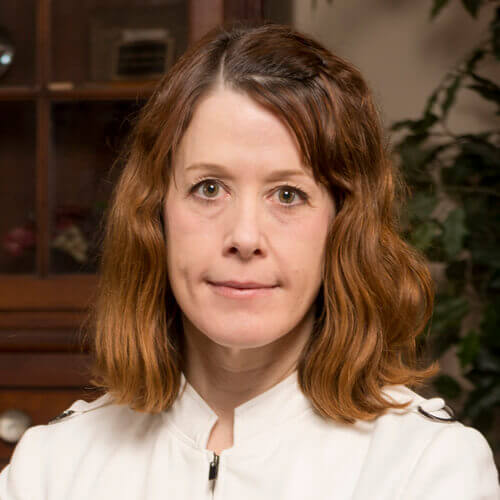Why study Business Analytics at MC?
In the age of Big Data, more data has been created in the last two years than in the entire history of the human race. Business analysts interpret and analyze this data with the goal of improving the functioning of businesses and organizations. These professionals are employed everywhere from Fortune 500 companies to hospitals, non-profit agencies, and government organizations. Successful business analysts possess a unique combination of domain knowledge and a solid foundation in mathematics, statistics, and computer science.
The Major in Business Analytics presents a creative and solid balance between mathematical techniques and business applications and provides flexibility to accommodate a variety of student backgrounds and interests. Educated in Maryville College’s strong liberal arts curriculum, graduates of the program are able to meet the many challenges of today’s data-driven business environment. The program aims to create experts who understand the complex issues facing organizations; gather, organize and analyze data from a variety of sources; suggest realistic solutions based on solid mathematical reasoning; and communicate findings to a variety of audiences. See also the Minor in Analytics.
Meet a Current Scot

Jace Brittain
Hometown: Cherryville, North Carolina
Jace discovered his passion for working with data through the College’s Introductory Statistics course and hasn’t looked back.
“I have a love for manipulating and understanding the story that data tells through complex and detailed analysis,” he said.
As a junior, Jace was awarded the College’s Outstanding Achievement in Statistics Award, and during the summer of 2022, he interned as a data analyst at SmartBank, where he helped develop a strategic plan to enhance the bank’s Data Analytics Department.
“Going through this internship made me realize how well Maryville College has prepared me for a career in business analytics,” he said. “My hope is to use my degree to pursue a career in business analytics in the sports industry.”
Meet a Recent Grad

Donald “D.J.” Cooper
Hometown: Maryville, Tn
D.J. chose to major in Business Analytics at Maryville College because he saw that more companies were becoming data driven and needed people who understood mathematics and business. In the summer of 2021, he completed an internship with the Dollywood Company’s Financial Planning and Analysis team, and after graduation in May 2022, he returned to the company as a financial analyst in the theme park’s Financial Planning and Analysis department.
“My long-term plan is to continue working in data analysis positions as well as getting a master’s degree to further my career,” he said. “Maryville College has prepared me in a multitude of ways, from improving my written and oral communication skills to understanding data analysis and financial reporting.”





